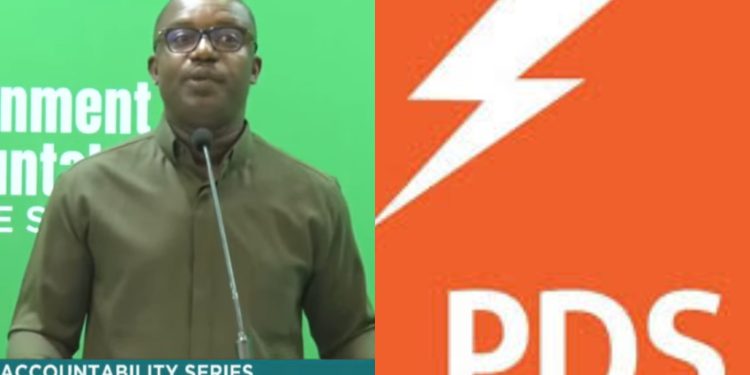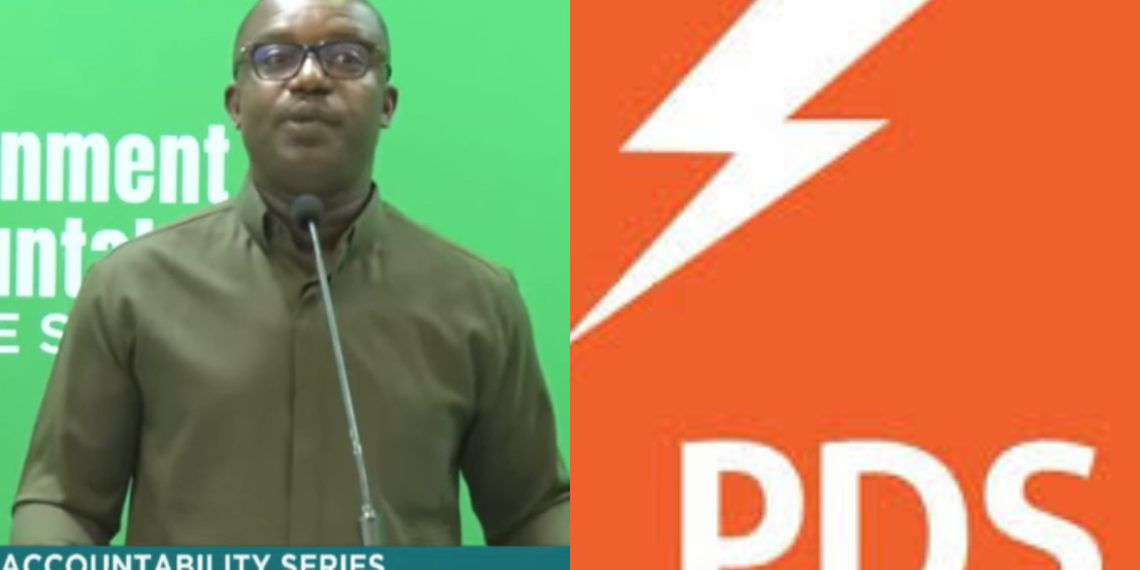Minister for Energy and Green Transition, John Jinapor, has pointed to political interference and self-interest as the reasons behind the collapse of the Power Distribution Services (PDS) concession, calling the failed deal a cautionary tale in the country’s efforts to involve the private sector in energy distribution.
Speaking at the Government Accountability Series in Accra on Wednesday, Mr. Jinapor said the PDS initiative, which was intended to introduce private-sector efficiency into the operations of the state-run Electricity Company of Ghana (ECG), was conceptually sound but fatally undermined by mismanagement.
“PDS was not a bad approach in terms of private sector involvement,” Mr. Jinapor said. “The only bad thing was that a few greedy individuals decided to cannibalize the process and divide the shares among themselves.”
The minister said that even in its flawed form, the PDS concession showed early signs of improving revenue collection at ECG, suggesting that a more transparent and competitive process could yield better long-term results.
“If they had started what we are doing now—ensuring value for money, a competitive process, and less political interference—then we could have built something sustainable,” he added.
Mr. Jinapor emphasized that future private sector partnerships in the energy sector would not replicate the PDS model. He pledged that any new agreements involving the ECG would be guided by transparency, competition, and strict oversight.
“I have assured you that we would not get involved in the shares of the new private involvement,” he said, underscoring a commitment to avoid the conflicts of interest that plagued the previous effort.
Background on the PDS Concession
The PDS deal, signed in March 2019 under the administration of former President Nana Addo Dankwa Akufo-Addo, awarded a 25-year concession to a private consortium to manage and operate ECG. However, the deal was suspended just four months later amid allegations of fraud and irregularities in the demand guarantees submitted by PDS.
The collapse of the agreement disrupted Ghana’s broader energy sector reform efforts and triggered calls for greater scrutiny in public-private partnerships involving critical infrastructure.














